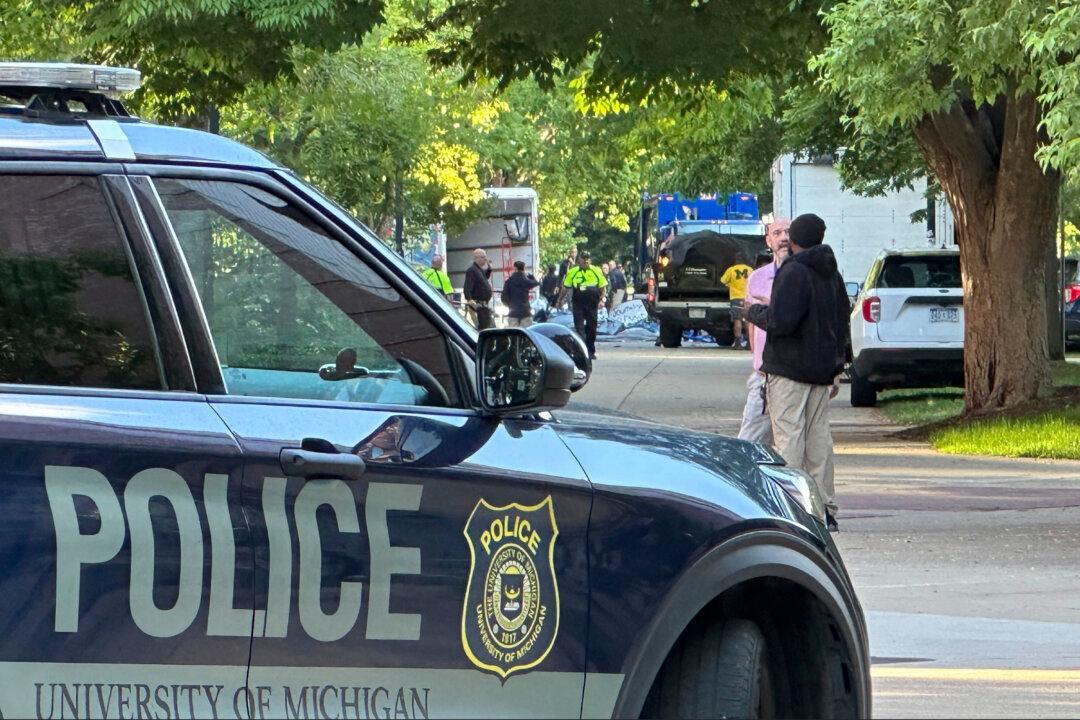A Jewish student at the University of Michigan was attacked early on Sept. 15 near the Ann Arbor campus in what police are investigating as an apparent hate crime.
According to Ann Arbor police, the assault occurred at about 12:45 a.m. near the Michigan Hillel, the Jewish student association located right off the university’s flagship campus.





